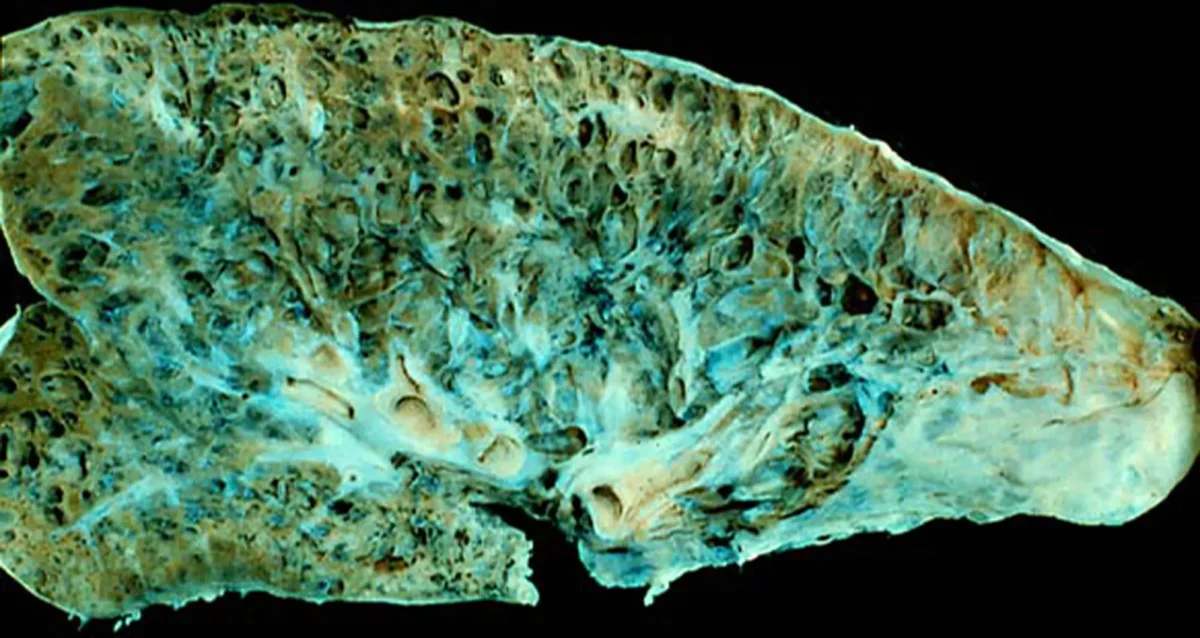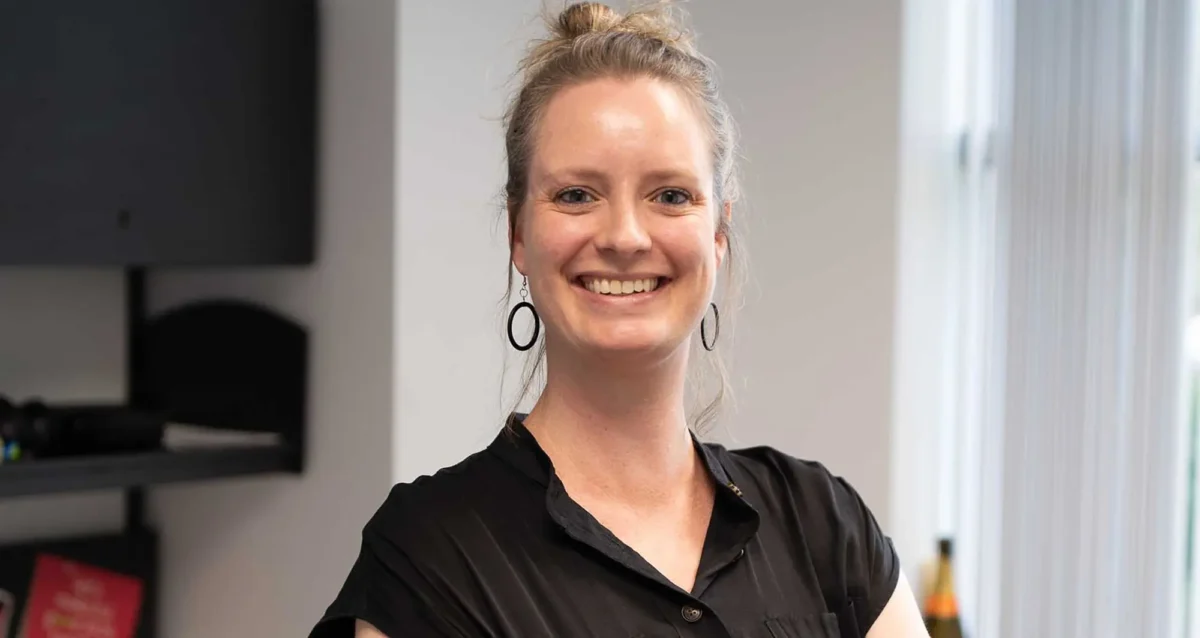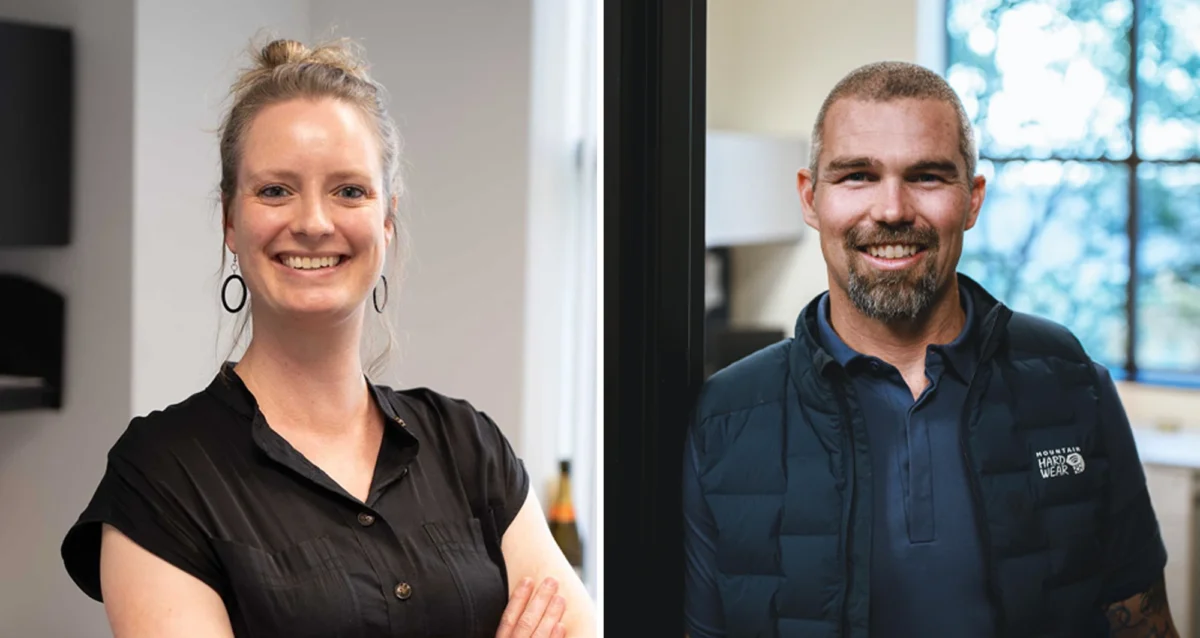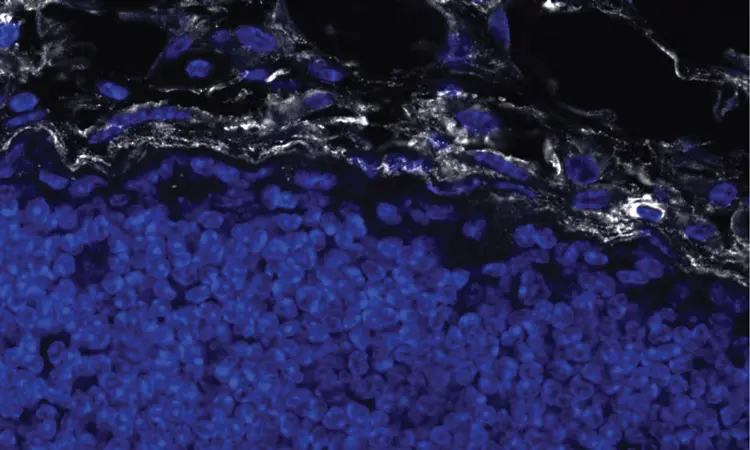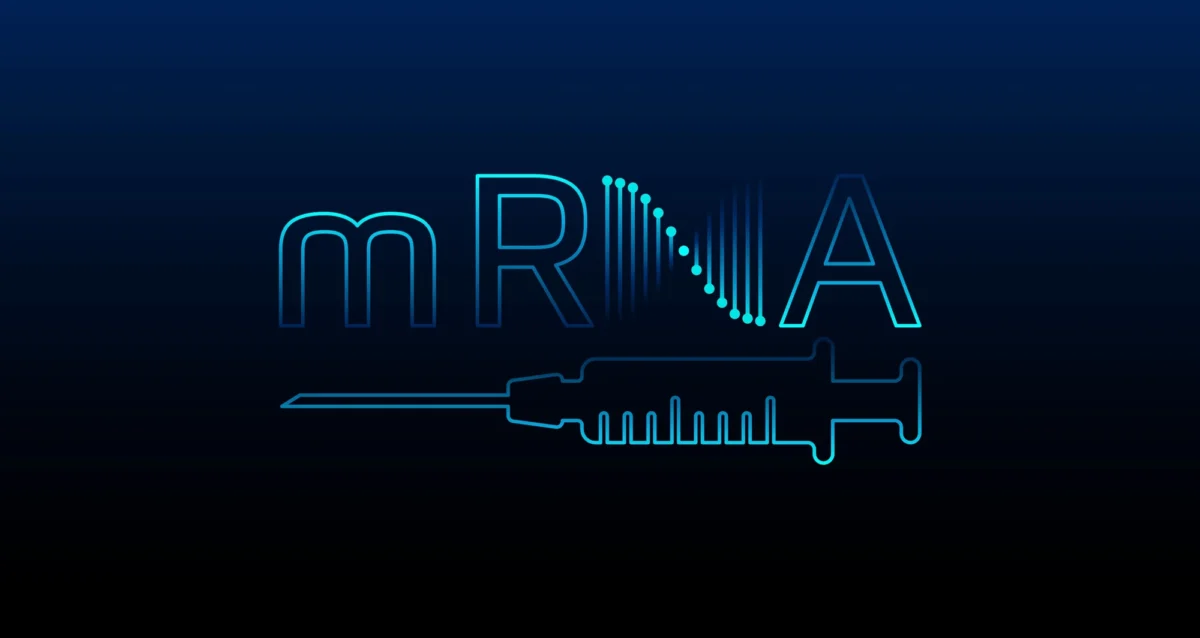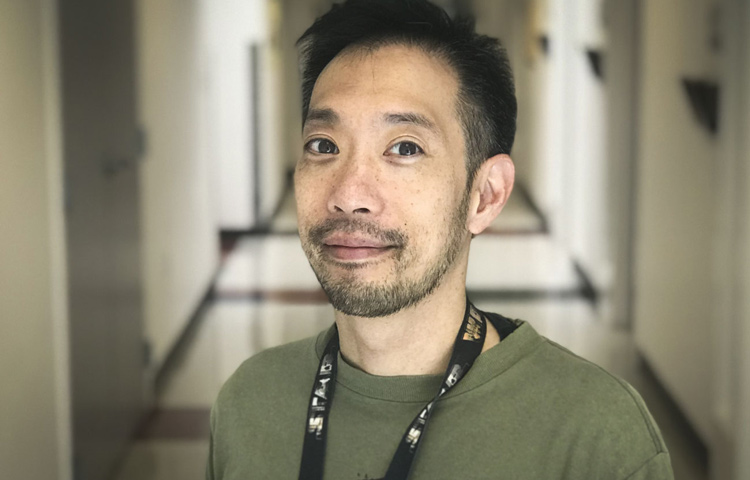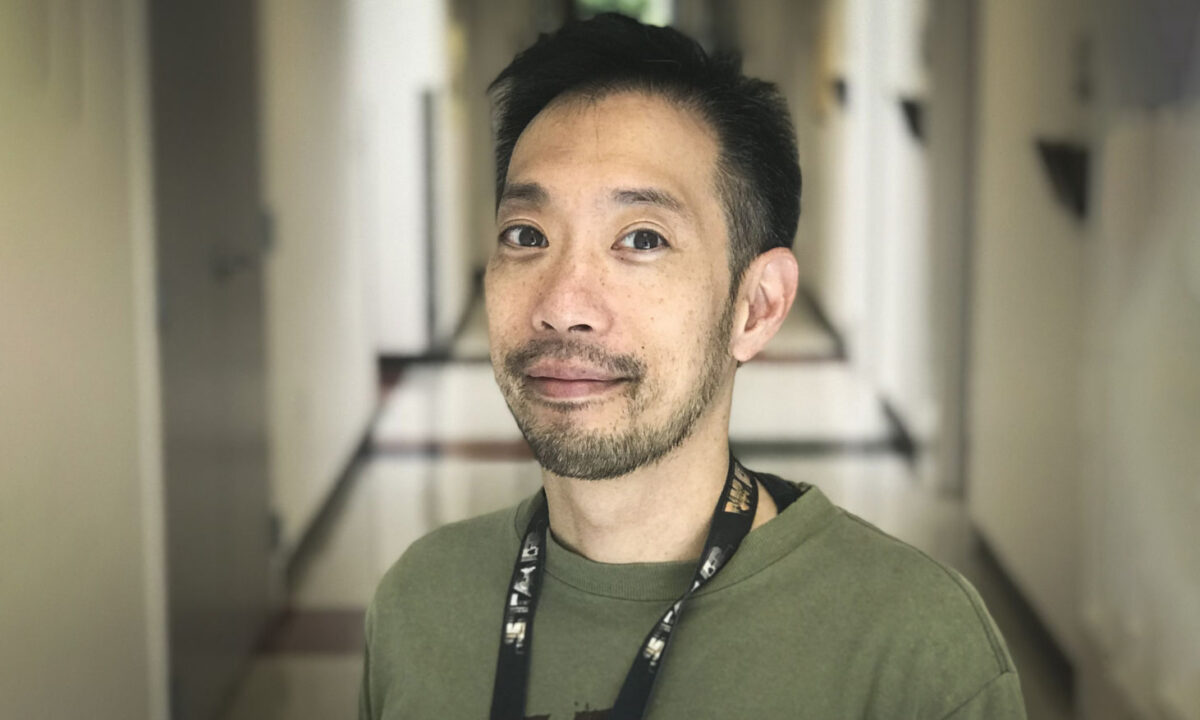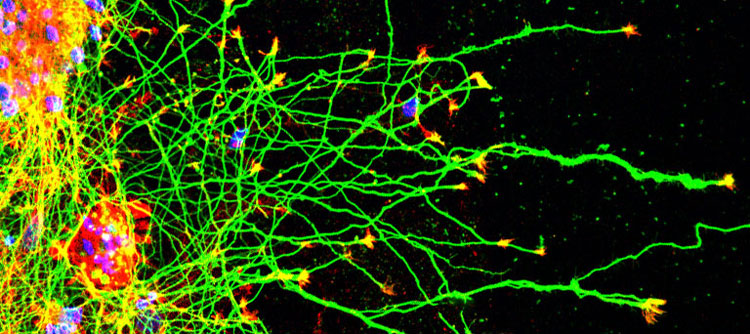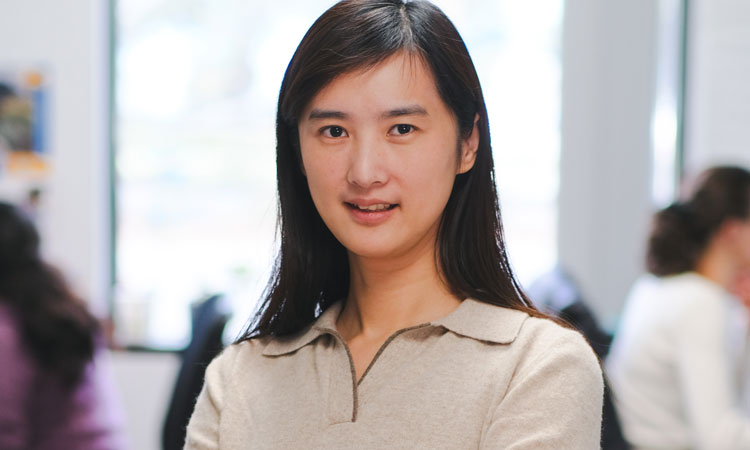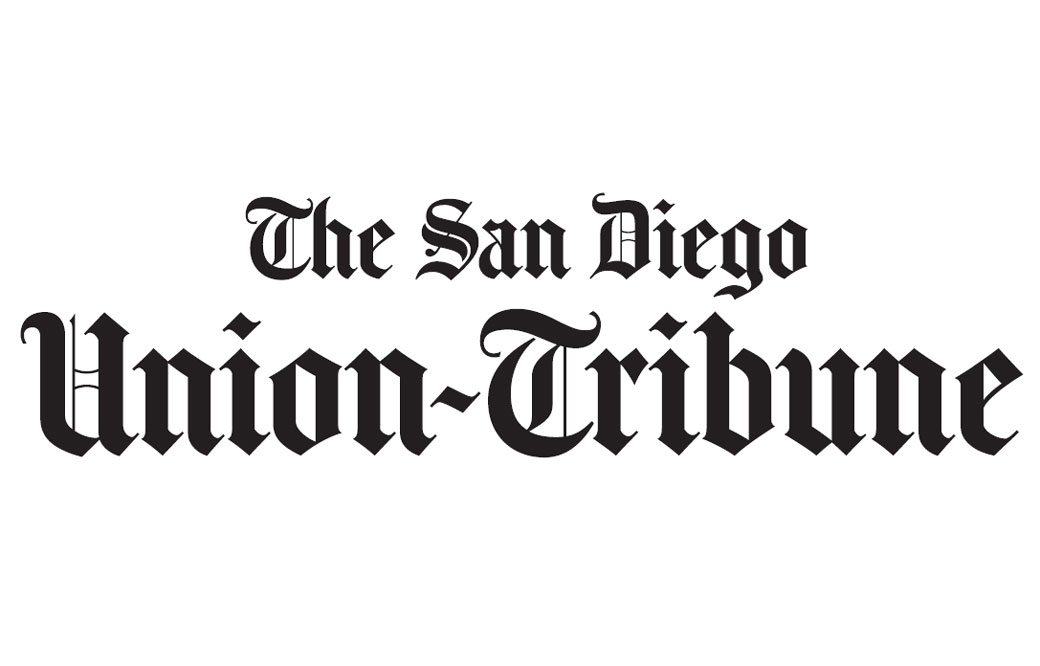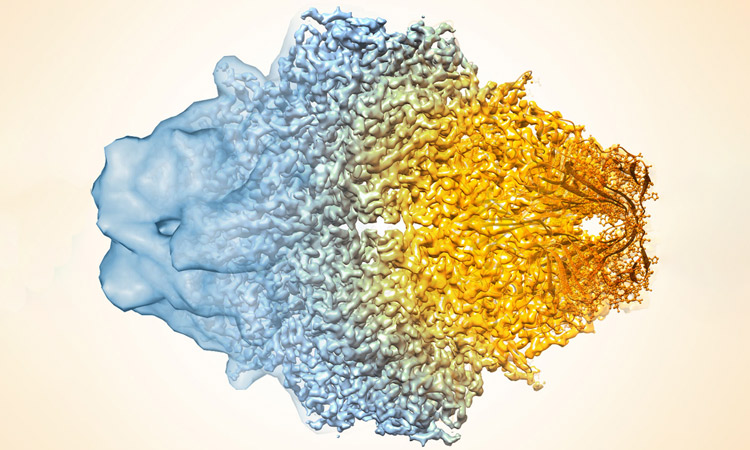Dr. Kumsta earned her degree as a Diplom Biologist/M.Sc. and PhD from the Technical University of Munich, Germany and performed her thesis research in the laboratory of Dr. Ursula Jakob at the University of Michigan. Dr. Kumsta joined Sanford Burnham Prebys and the lab of Malene Hansen as a postdoctoral fellow in 2009. In 2018 Caroline was promoted to Research Assistant Professor and then to Assistant Professor in 2021. Dr. Kumsta’s research focuses on the role of autophagy in hormetic stress responses, aging, and neurodegeneration in C. elegans and human tissues.
Education and Training
2018-2021: Research Assistant Professor, Sanford Burnham Prebys
2016-2018: Staff Scientist, , Sanford Burnham Prebys
2009-2016: Postdoctoral Fellow with Dr. Malene Hansen, Sanford Burnham Prebys
2009: Postdoctoral Associate with Dr. Ursula Jakob, Department of Molecular, Cellular and Developmental Biology, University of Michigan, Ann Arbor, USA
2005-2008: Doctor rerum naturalium (PhD) with Dr. Ursula Jakob, University of Michigan and Technical University of Munich
1999-2005: Diplom-Biologin Univ. (MS), Technical University of Munich, Germany
Honors and Awards
2024: R01 NIA: Hormetic regulation of autophagy in aging
2024: Selected as Member of Council of International Rising Stars (COIRS) of The Autophagy, Inflammation and Metabolism Center of Biomedical Research (NIH-funded AIM Center, University of New Mexico)
2023: P30 NIA: Pilot Grant, San Diego – Nathan Shock Center: Heterogeneity of autophagy during aging
2022: W.O.W. Award – For Wonderful Original Work, presented at the Annual Retreat of the Sanford Burnham Prebys Faculty
2022: NIA Fellow Award at 2022 Autophagy Gordon Research Conference
2015: Best Oral Presentation Prize, EMBO Workshop: The Regulation of Aging and Proteostasis
2013: AFAR Postdoctoral Fellowship: Transcriptional regulation of autophagy in promoting proteostasis upon hormetic stress
2013: Best Oral Presentation at the 12th Annual Poster Symposium at Sanford Burnham Prebys Medical Discovery Institute
2011: Fishman Fund Career Development Award
2011: AACR Postdoctoral Fellowship: Translational Control of Tumor Formation in C. elegans
Related Disease
Aging-Related Diseases
Phenomena or Processes
Autophagy
Research Models
C. elegans
“We are aging—not just as individuals but as a world. In 2020, about 727 million people worldwide were 65 and older. By 2050, that total is projected to increase to 1.5 billion — 1 in every 6 of the earth’s inhabitants.” – Global Aging, National Institute on Aging
As we age, we face an increased risk of developing age-related disorders, such as neurodegenerative diseases, because of the increased cellular accumulation of damaged biomolecules, including protein aggregates, which contributes to cellular decline. The activation of cyto-protective mechanisms, such as the cellular recycling process of autophagy and stress responses, contributes to improving cellular function and preventing aging-induced dysfunction. Discovering mechanisms that help maintain cellular integrity during aging, is therefore an important step towards developing new strategies for maintaining cellular homeostasis and organismal health, which could have great impact by increasing healthspan and eliminating age-related diseases.
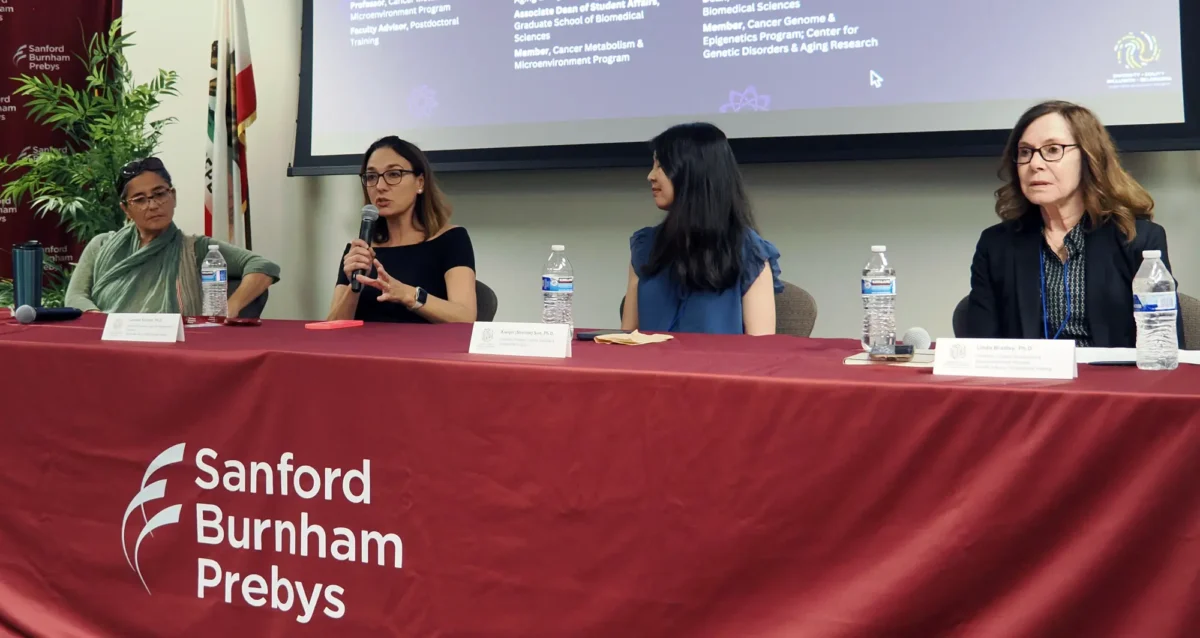 Aug 19, 2024
Aug 19, 2024Women in Science event at Sanford Burnham Prebys examines how female faculty members navigate research careers
Aug 19, 2024Topics at the event included work/life balance, caregiving and family obligations, and gender disparities in academic rank at research and…
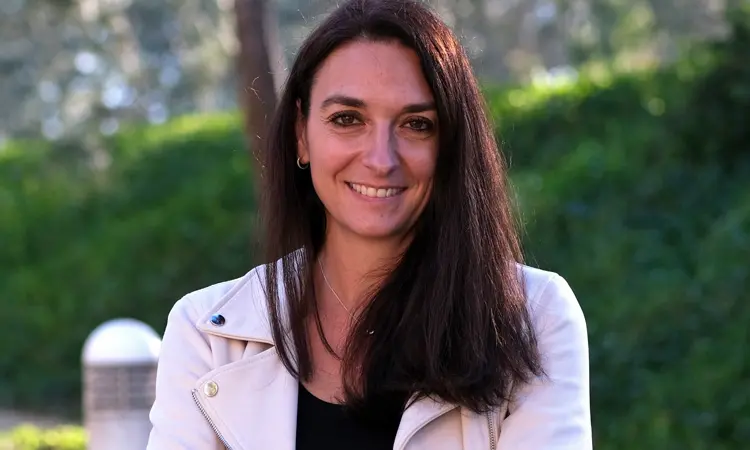 Jul 11, 2024
Jul 11, 2024Caroline Kumsta awarded $2.9M to study how short-term stress improves health and life expectancy
Jul 11, 2024By learning how small amounts of stress activate autophagy, researchers may create new approaches to combat age-related disease
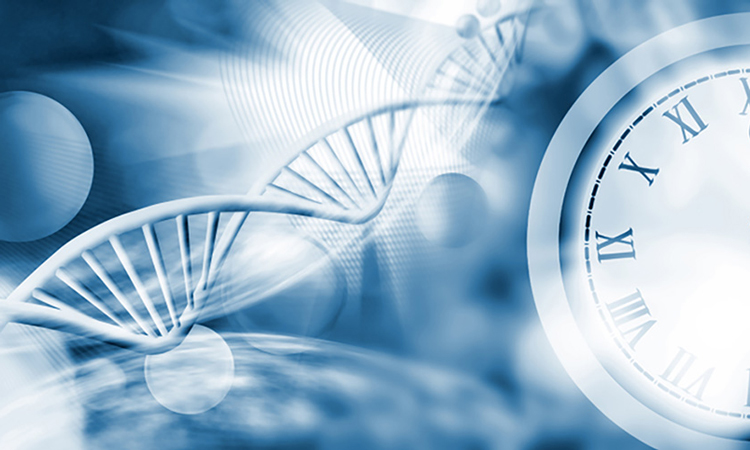 Feb 29, 2024
Feb 29, 2024Time to talk about aging research
Feb 29, 2024Hundreds of scientists gather in San Diego and virtually to share knowledge on the science of aging
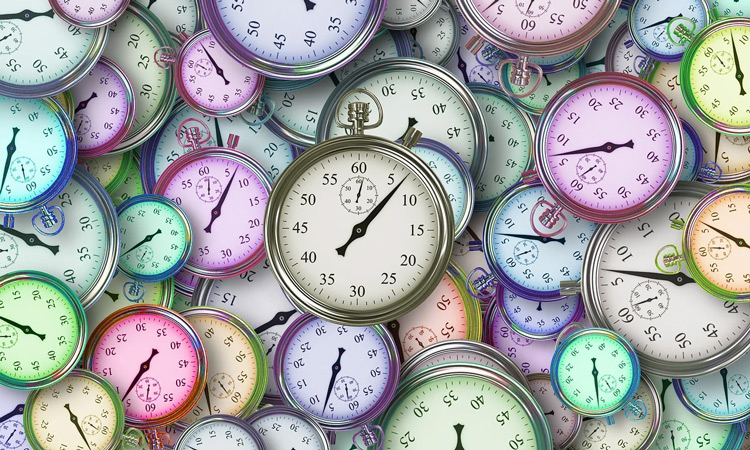 Feb 9, 2024
Feb 9, 2024The heterogeneity of aging, a symposium
Feb 9, 2024Aging research is always timely, and here’s a date: On March 6, the San Diego Nathan Shock Center, a consortium…
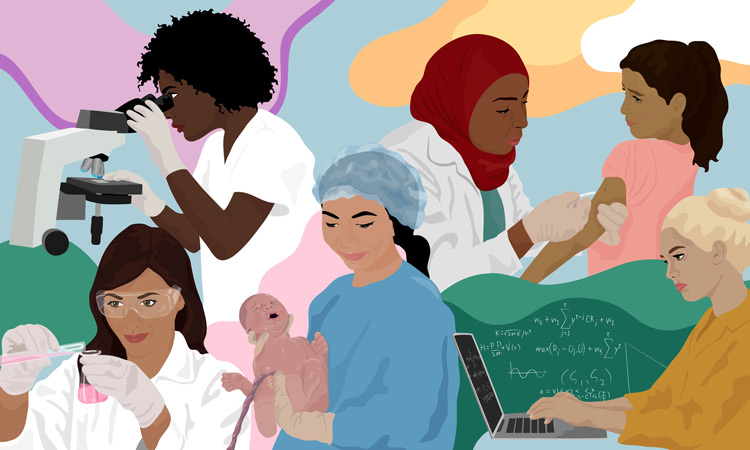 Feb 7, 2024
Feb 7, 2024Speaking of International Day of Women and Girls in Science
Feb 7, 2024Designated by the United Nations, the 9th International Day of Women and Girls in Science is Sunday, February 11, preceded…
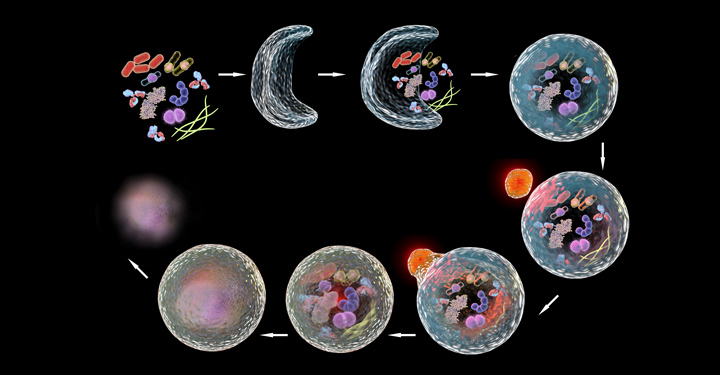 Jan 3, 2024
Jan 3, 2024New roles for autophagy genes in cellular waste management and aging
Jan 3, 2024Autophagy genes help extrude protein aggregates from neurons in the nematode C. elegans.

